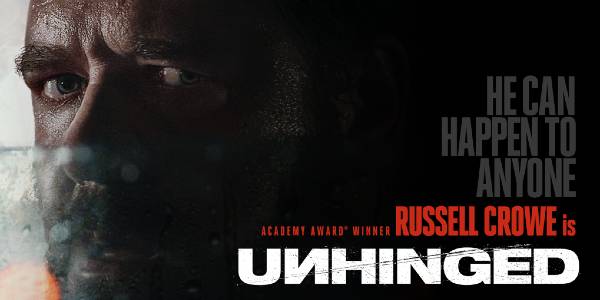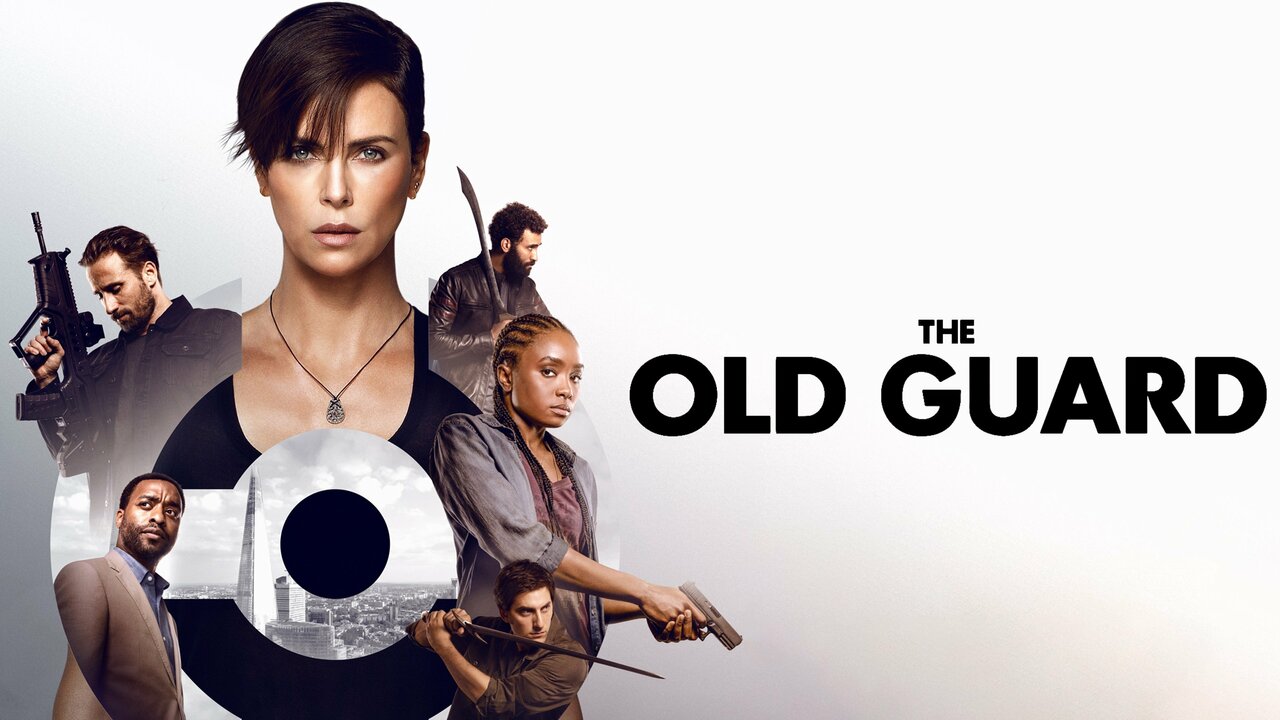The Seagull (2018) – Movie Review
The Seagull, directed by Michael Mayer and adapted from Anton Chekhov’s classic 1895 play, is a layered, melancholic exploration of unrequited love, artistic frustration, and generational tension. With a strong ensemble cast and reverent adherence to Chekhov’s original themes, the film transports viewers to the quiet emotional storms of a lakeside Russian estate, where beauty and heartache unfold with devastating subtlety.
Set in the early 20th century, The Seagull revolves around a group of artists, lovers, and dreamers gathered at a country home. At the center is the fading stage actress Irina Arkadina (Annette Bening), who arrives with her younger lover, Boris Trigorin (Corey Stoll), a successful but emotionally aloof writer. Her son, Konstantin (Billy Howle), a passionate and tortured aspiring playwright, longs for his mother’s approval while pushing for bold new forms of theater.
Also present is Nina (Saoirse Ronan), a wide-eyed, idealistic local girl who yearns to become an actress and finds herself caught between Konstantin’s obsessive love and Boris’s seductive charm. As the emotional entanglements deepen, characters reveal their disappointments, jealousies, and illusions—each one seeking meaning, connection, and validation, but mostly finding pain and disillusionment.
Annette Bening delivers a commanding performance as Irina, capturing the arrogance, vulnerability, and vanity of a woman clinging to her youth and stardom. She’s both cruel and pitiable, unable to see how her behavior affects those closest to her. Corey Stoll’s Boris is compelling in his quiet detachment, representing the allure of fame and the dangers of emotional passivity.
Saoirse Ronan brings grace and depth to Nina, portraying her transformation from a hopeful dreamer into a wounded soul with aching sincerity. Billy Howle’s Konstantin is volatile and emotionally raw, embodying the youthful anguish of feeling unseen and unloved. Supporting performances by Elisabeth Moss as the bitter and alcoholic Masha, Mare Winningham as the quietly tragic Polina, and Jon Tenney as the weary doctor add further richness to the ensemble.
Visually, the film is elegant, with its period-accurate costumes and pastoral settings reflecting the restrained emotional drama playing out beneath the surface. The cinematography leans into natural light and long takes, allowing the performances to breathe and giving space to Chekhov’s dialogue, which is faithfully adapted by Stephen Karam.
The pacing is deliberate, echoing the theatrical origins of the source material. For some viewers, this may feel slow, but the stillness allows the emotional nuance to resonate. What The Seagull captures so poignantly is the human tendency to reach for something just out of grasp—love, purpose, artistic fulfillment—and the pain that arises when those dreams fade.
While the story is steeped in tragedy, it doesn’t descend into melodrama. Instead, it lingers in the quiet sorrows of life, much like Chekhov intended. The Seagull is about the moments between the lines, the unsaid truths, and the gentle unraveling of lives too fragile for the ideals they cling to.
For fans of character-driven drama and literary adaptations, The Seagull offers a quietly powerful experience that lingers in the heart.
Thank you for reading the text.









